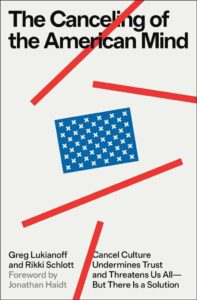A look back at the Valancourt case
This post presents the finish of a story that I first blogged about in 2018. Court cases can take a long time to reach a resolution, and I missed it when the decision came out last year. Before the resolution of Valancourt Books’ lawsuit, the US copyright office demanded a free copy of every book published in the US. It was uneven in pressing its demands; for reasons I don’t know, it came down hard on Valancourt, a small-run publisher. The requirement was especially burdensome for such publishers; it costs a bigger part of your assets to send out an unpaid copy when you print a hundred copies or do print-on-demand than when you print a hundred thousand. Regardless of the number, it was a clear-cut violation of the Fifth Amendment, which says the government can’t take private property for public use without paying “just compensation.”
In 2023, the United States Court of Appeals for the District of Columbia agreed with this reasoning and said the requirement for free copies was unconstitutional.
(more…)
 Cancel culture is a prominent, ugly feature of public discourse today, yet many claim it doesn’t exist. They say there are only “consequences,” which amounts to saying that if you’re subjected to abuse because you said something controversial, what else did you expect?
Cancel culture is a prominent, ugly feature of public discourse today, yet many claim it doesn’t exist. They say there are only “consequences,” which amounts to saying that if you’re subjected to abuse because you said something controversial, what else did you expect?